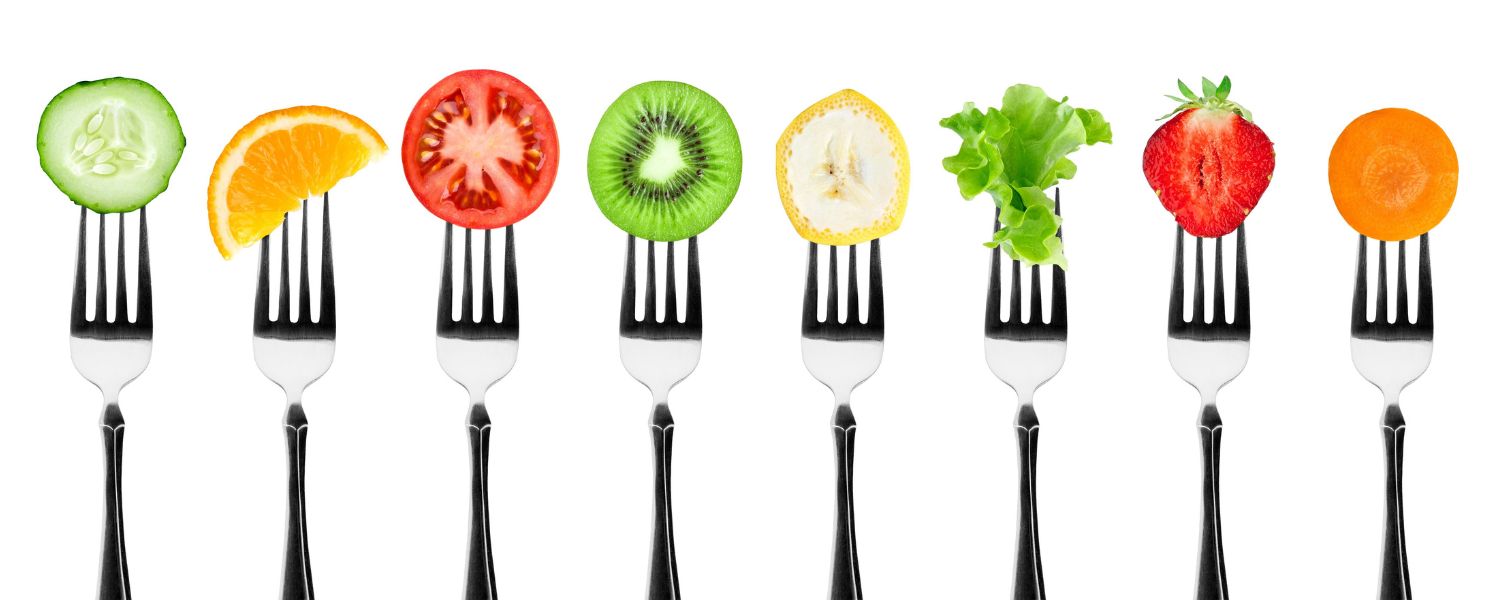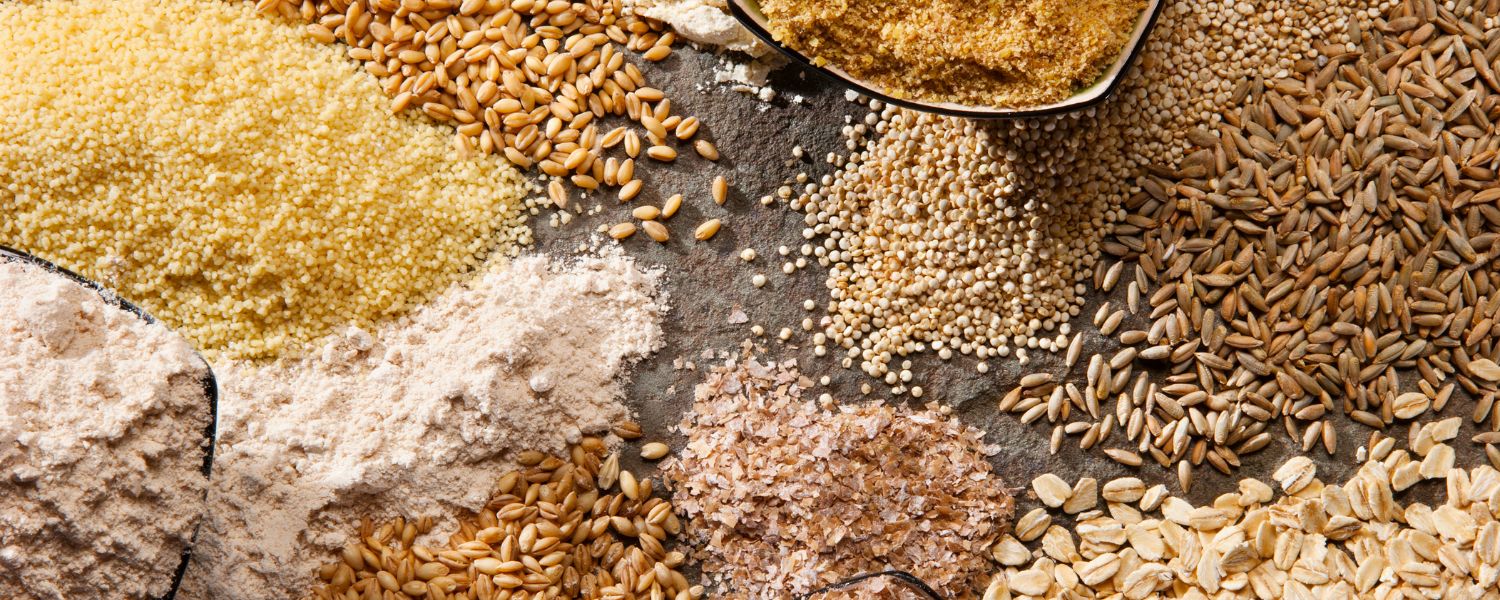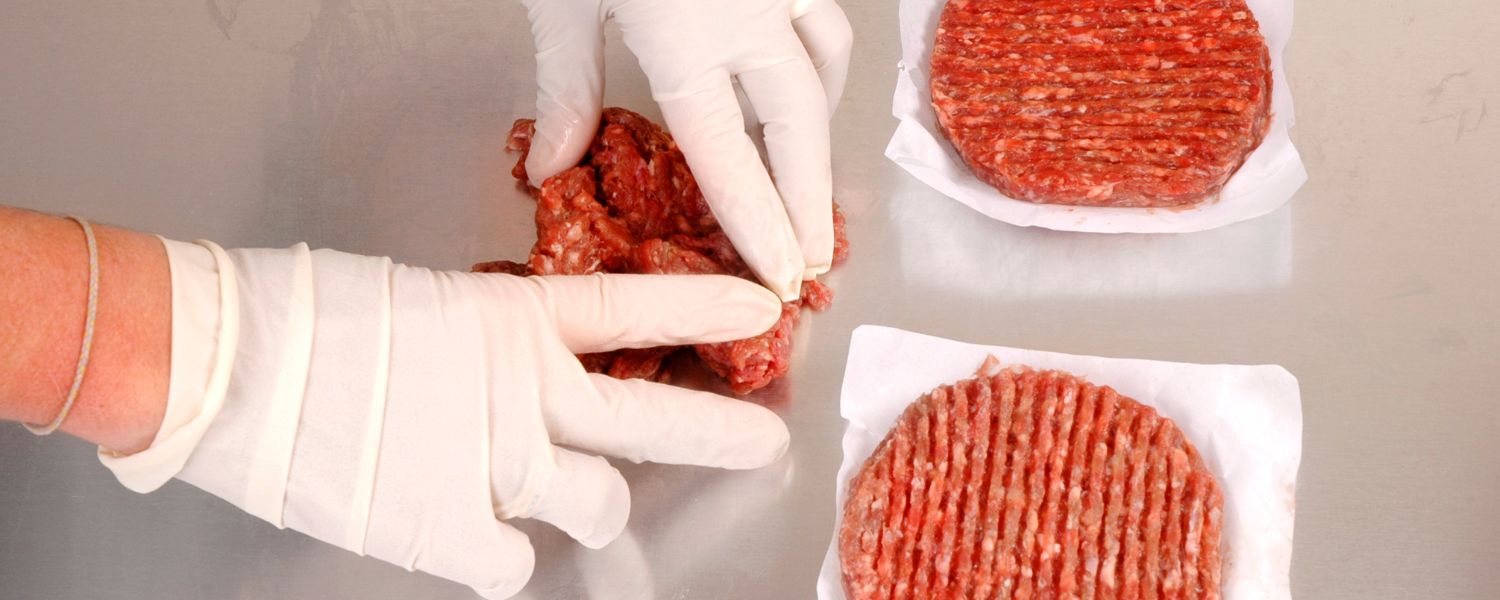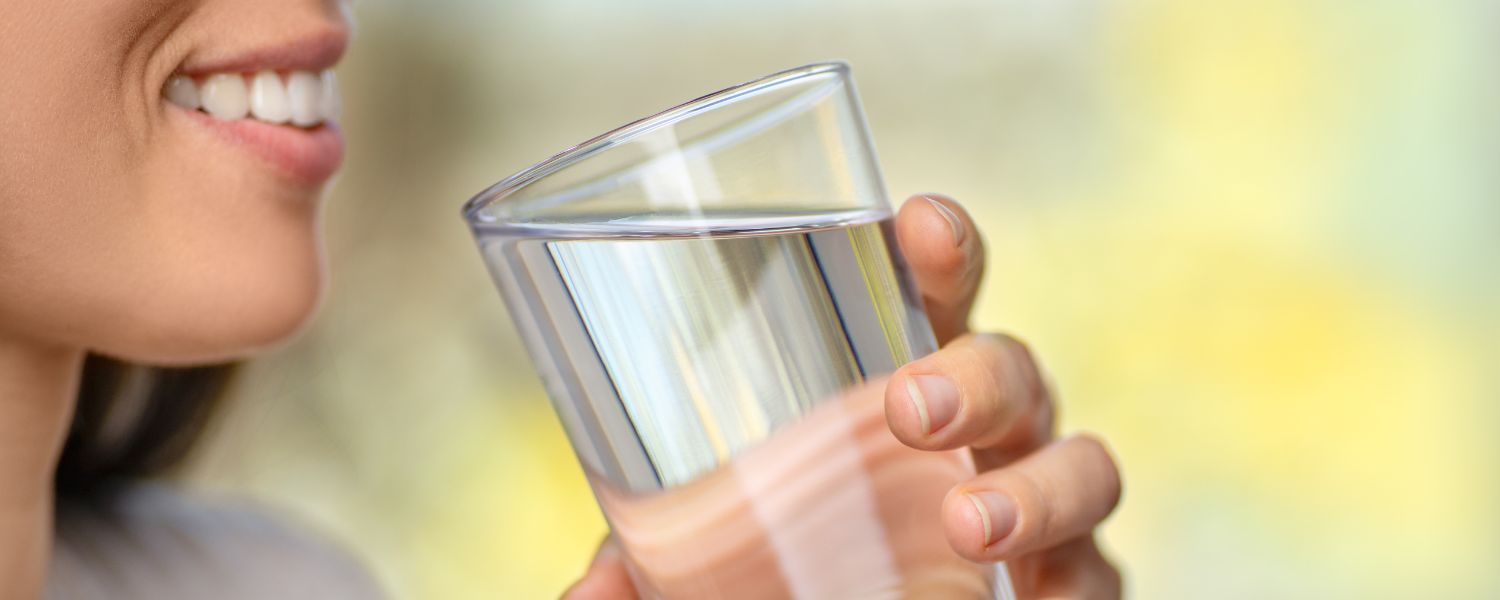In terms of protecting your health, a balanced diet is one of the more important things you could focus on, and if you look at the data, almost 80% of all premature heart disease and stroke victims had poor dietary choices.
On top of choosing your food with care, you should also make sure you’re getting enough physical activity every day, as keeping your blood pumping at a regular pace can do wonders in the long run.
However, there’s a lot more to a healthy diet than just shielding yourself from heart disease and stroke, and you’ll find that a healthier diet can also improve your cholesterol levels, manage body weight, reduce BP, and even control the levels of sugar in your blood.
Of course, a healthy diet also implies that you’re eating a variety of different food groups every day, mainly because no matter how healthy oats can be, you can’t survive off of them alone.
Eat loads of veggies and fruit

From the time we were kids, our parents kept forcing us to eat our greens, and they’ve been doing it for a good reason, as you’ll find that green vegetables are often packed full of vitamins and iron, both of which are integral to preserving our body’s overall health.
Many can and will argue that vegetables and fruits are the most important part of one’s diet, and it’s been proven to be true many times before.
In fact, humans started off as gatherers, only to slowly adopt the habit of eating animal meats once we developed hunting, which means that fruits and vegetables are the “default” food for our species.
Aside from being chock-full of nutrients and antioxidants, fruits and veggies keep us feeling full for longer periods of time, which can help those struggling with weight loss.
Whole grains

While we’ve definitely developed a number of different food items from the grains and oats at our disposal, we’ve slowly started to neglect whole grains over the years, favoring refined grains instead.
Despite this change, whole grains have been making a comeback in recent years, and it’s long since been found that they’re significantly healthier compared to their refined counterparts.
From whole grain bread to wild rice, quinoa, and oatmeal, the options are practically endless, and all you’ve got to do is find a few to incorporate into your diet.
White bread and pasta are both things we’ve grown accustomed to, but they’re not absolutely necessary, and if you’re able to replace them with their much healthier, whole-grain alternatives, your body will be thanking you for many years to come.
Experts suggest that you should fill at least a quarter of every plate of food with whole grain products, and while some of these may be on the pricier side, they’re worth every penny.
Limit access to processed foods

Food technology has advanced immensely over the years, and we’ve now got products that we couldn’t have even imagined some years ago.
However, what most people forget is that the most commonly processed foods are the ones that are hiding in plain sight, and we consume most of them on a daily basis.
Anything from chips and cookies to white rice and white bread can be considered to be processed food, and all of these foods have lost a significant portion of the nutrients they carried due to the processing they undergo.
On the other hand, some minimally processed foods should be okay, so long as you’re not consuming them in large quantities, meaning that bagged salad or frozen veggies/fruits are generally okay.
You’d be hard-pressed to find cheese that isn’t processed, and the same goes for milk, so make sure you’re making some wise choices when it comes to your diet.
Drink more water

Finally, we’ve got water, the elixir of life, and with that, one that we tend to overlook very often.
Humans consist of at least 75% water, yet data has shown that a large number of us are underhydrated, and it’s mainly due to our beverage preferences.
Fizzy drinks do little in terms of hydration, and they’re often packed with a sugar content so high it would put any birthday cake to shame.
Instead of buying a Coke, carry a larger water bottle around with you at all times, and when you’re done, refill it as soon as you’re able to.
A good strategy is to write down water-drinking goals on the said bottle, reminding yourself to stay hydrated while also creating a routine that’ll soon turn into a habit.
Once you’re used to drinking water regularly, other drinks become obsolete, and the ultimate form of hydration is all you’ll ever need.
On top of being healthy, water doesn’t add any extra calories to your diet, making it the drink of choice for anyone on a weight loss journey.
